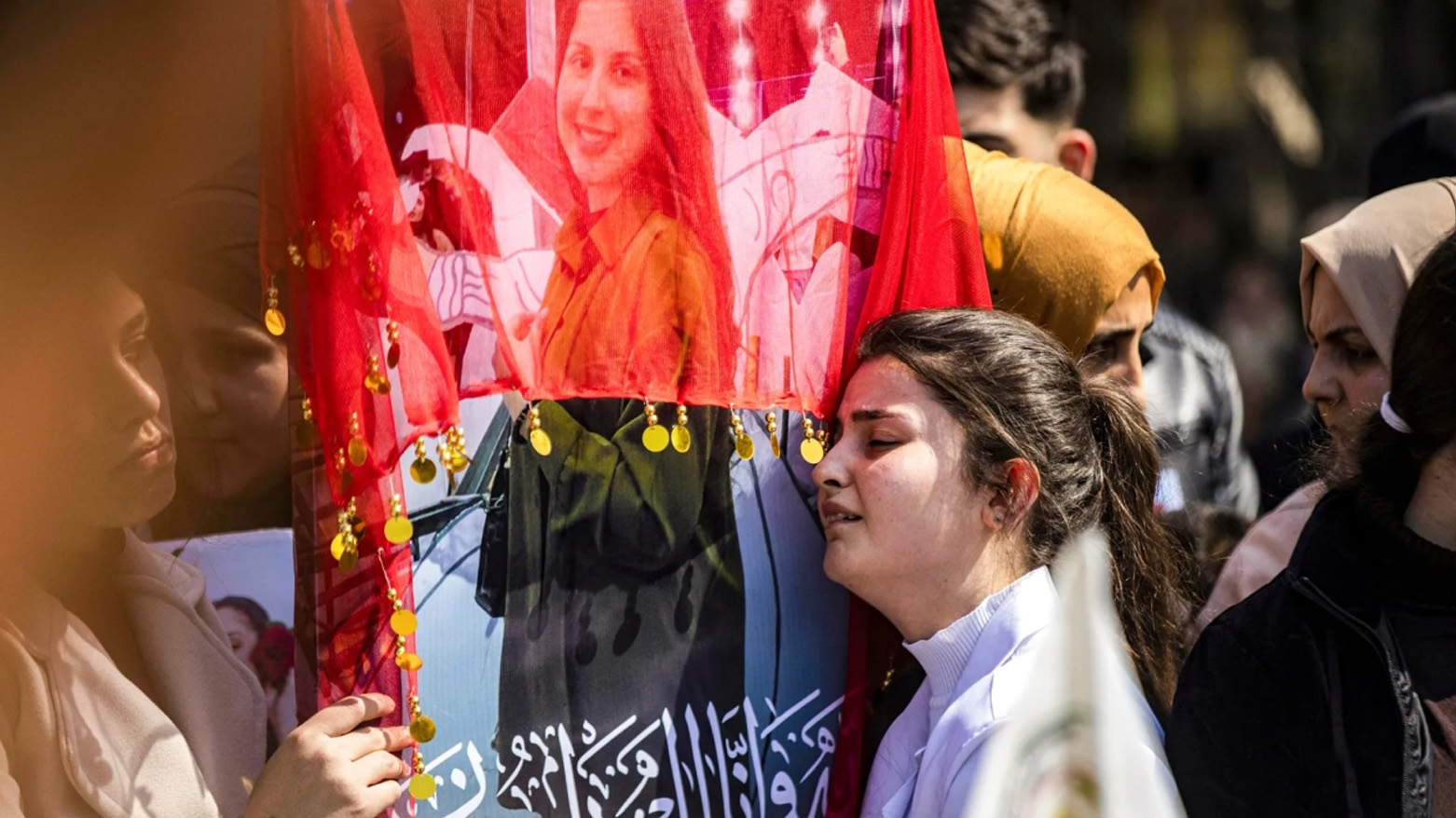US Envoy Urges Justice and Patience Amid Syria’s Response to UN Report on Coastal Violence
Special Envoy Tom Barrack praised the UN's Syria violence report as a "step toward accountability" while Damascus highlighted its historic cooperation - a stark contrast to Assad-era obstruction. The report documents potential war crimes in coastal clashes.

ERBIL (Kurdistan24) – The United States Ambassador to the Republic of Türkiye and Special Envoy for Syria, Tom Barrack, has welcomed the findings of the UN Commission of Inquiry’s latest report on the March coastal violence in Syria, describing it as “a serious step towards definable and traceable metrics to the Syrian government’s responsibility, transparency, and accountability.”
In a statement posted on X, Barrack stressed that “a united, inclusive Syria requires justice pursued consistently and some cadenced patience from the outside world,” calling the Commission’s work “a measurable and definable accomplishment.”
The Commission’s fact-finding report on March coastal violence is a serious step towards definable and traceable metrics to the Syrian government’s responsibility, transparency, and accountability. Here is a measurable and definable accomplishment. A united, inclusive Syria… https://t.co/gyvfce9OZV
— Ambassador Tom Barrack (@USAMBTurkiye) August 14, 2025
In a formal letter to Paulo Sérgio Pinheiro, Chair of the Independent International Commission of Inquiry on the Syrian Arab Republic, Syrian Foreign Minister Asaad Hasan Al-Shaybani praised the report’s findings and highlighted the government’s unprecedented cooperation.
The letter underscored that the new Syrian government, led by President Ahmed Al-Sharaa, had made “the extraordinary and historic step” of not opposing the renewal of the Commission’s mandate at the UN Human Rights Council — a stark contrast to the former Assad regime’s consistent opposition. This decision, according to Damascus, resulted in the first unanimous adoption of such a resolution in modern Syrian history, reflecting a commitment to “transparency, accountability, and constructive engagement.”
Al-Shaybani emphasized the unprecedented and unrestricted access granted to UN investigators in March to the coastal areas affected by the violence, noting that the findings were consistent with those of the Independent National Commission established by President Al-Sharaa shortly after the March events. The national report, made public in July, was presented in a transparent press conference — another first in Syria.
The letter acknowledged alleged violations documented in the UN report but stressed that these occurred despite government orders to prevent abuses. It rejected claims of any policy or directive to commit crimes, instead highlighting measures taken to halt violations and restore order.
Damascus accused certain human rights groups and media outlets of spreading premature or misleading findings, which it said undermined investigations. It also welcomed the report’s recognition of challenges inherited from the Assad regime, including a collapsed judicial system, remnants of loyalist forces committing grave violations, and the complexities of security and military reform.
Al-Shaybani noted the cooperation between the UN Commission and the Independent National Commission, which he said had strengthened Syria’s accountability mechanisms while preserving institutional independence. He also pointed to the report’s acknowledgment of widespread disinformation during the March attacks, which hampered efforts to identify crimes and address them appropriately.
The Syrian foreign ministry welcomed the UN report’s first recommendation to the international community — to support Damascus in implementing remaining reforms and lift the sanctions still in place. “We reaffirm our commitment to constructive cooperation with your office and the wider international community,” the letter concluded, extending condolences to the victims’ families and affirming dedication to “justice, accountability, and the protection of all citizens.”
UN Probe Points to Possible War Crimes
The UN Commission of Inquiry’s report comes after a months-long investigation into sectarian violence in Syria’s Alawite heartland in March. The findings accused Syrian government forces and allied militias of committing systematic abuses — including murder, torture, mistreatment of the dead, looting, and the burning of homes — which led to mass civilian displacement. The report warned that some acts “likely amount to war crimes.”
The Alawite community, historically a strong base of support for former President Bashar al-Assad, has faced profound shifts since his ouster in December 2024 and exile in Russia. Once shielded by its political association, the community now grapples with vulnerability, internal divisions, and fears of reprisals amid the volatile post-Assad landscape. Thousands have fled coastal strongholds due to renewed clashes, sectarian tensions, and the uncertainty of Syria’s transition period.